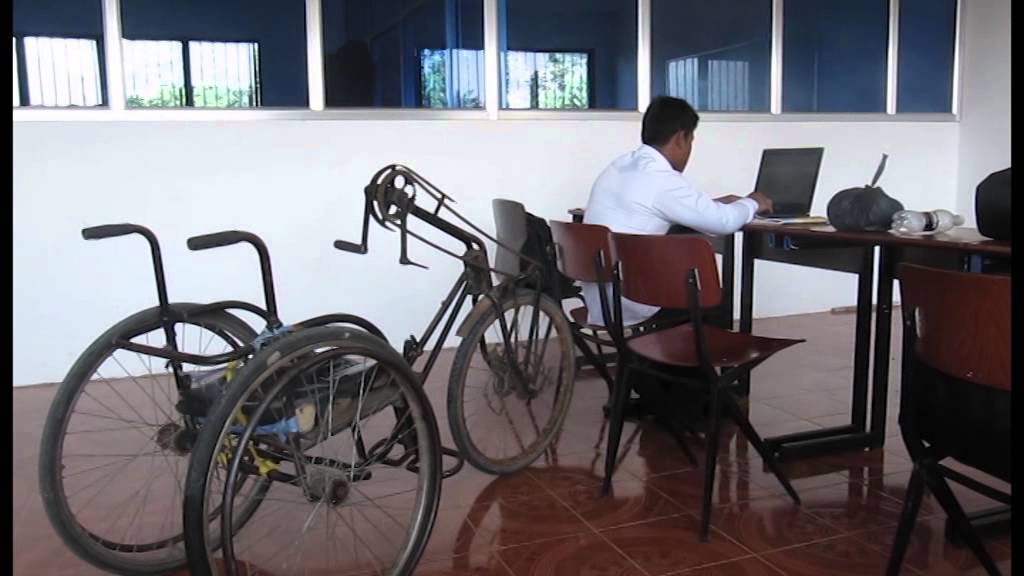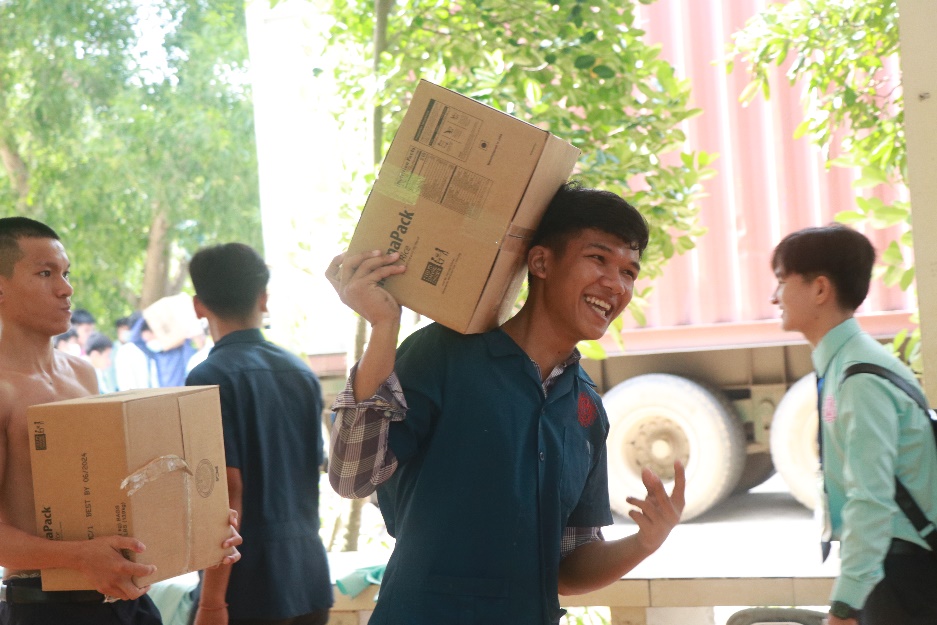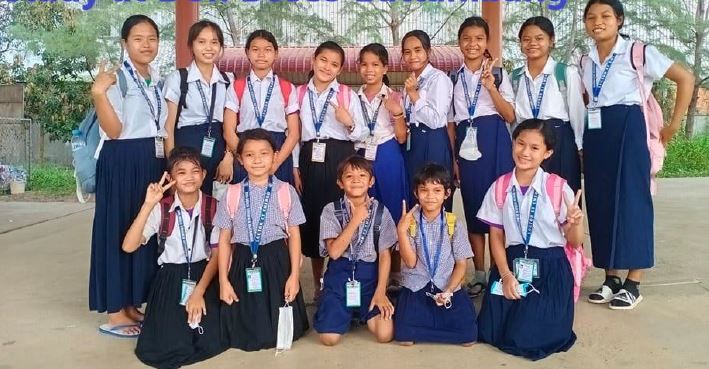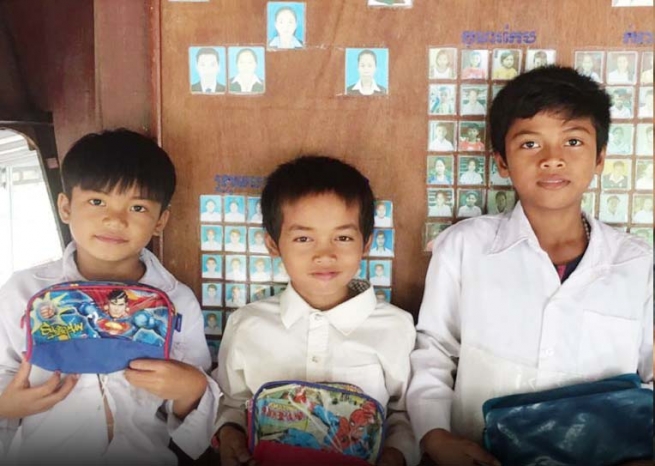CAMBODIA: Making Access to Education Possible for Youth with Disabilities

(MissionNewswire) Cambodia’s long history of violence and conflict has led to almost a quarter of Cambodians living in poverty, according to UNICEF. Since the end of the Khmer Rouge regime, Cambodia’s economy has been strengthening with particular growth in construction, tourism and agriculture. However, Cambodians are still struggling and particularly those living in rural areas where close to 75 percent of the population face seasonal food shortages.
With almost a quarter of Cambodians over the age of 15 illiterate with very little access to education, poor youth find it especially challenging to break the cycle of poverty. To provide youth with greater opportunity, Salesians in the country operate 45 schools and seven vocational training centers in poor, rural villages through a partnership with Salesian Missions and the Ministry of Education.
For children with disabilities living in Cambodia, access to education is limited and the opportunity to break the cycle of poverty is almost nonexistent. UNICEF notes in its State of the Worlds Children 2013: Children with Disabilities report that globally, close to 61 percent of boys finish school but for boys with disabilities that number drops to 51 percent. For girls, 53 percent finish school but among those living with a disability, only 42 percent finish their education.
UNICEF notes that studies across countries show a strong link between poverty and disability, which in turn is linked to gender, health and employment issues. UNICEF’s report further suggests that inclusion in mainstream schools and educational settings is usually most appropriate for children with disabilities, and when teachers and personnel are trained to consider disability-related issues, they look upon inclusion of children with disabilities more positively.
Don Bosco Technical School Kep, located in southern Cambodia, is in the process of seeking funding to make the necessary modifications to their campus to allow for better inclusion of students with physical disabilities.
“Youth living in poverty are among the least likely to have access to educational programs that provide the skills necessary to lead stable productive lives,” says Father Mark Hyde, executive director of Salesian Missions, the U.S. development arm of the Salesians of Don Bosco. “Children living in poverty with a disability are even less likely to attend school when compared to their peers. Salesians in Cambodia are working to ensure that access to education is something afforded to every child no matter their situation.”
Don Bosco Kep specializes in technical education for disadvantaged youth from poor communities in the provinces of Kep, Kompot and Takaew (a region particularly disadvantaged when it comes to access to professional education). In order to best meet the needs of the youth it serves, Don Bosco Kep is constantly expanding its services. In October 2011, technical education began at the school in social communication and journalism as well as front office management, housekeeping and tailoring. In October 2012, the electrical department opened and the information technology and language classes began. A year later, the school expanded again to include coursework in culinary arts, agriculture, food and beverage, art communication and office administration.
In 2013, Don Bosco Kep began welcoming students with disabilities like Ang, a young student enrolled in the art communications program. Ang was affected by polio at a young age and lost his ability to walk. While he does have access to a motorized wheelchair and a motorbike with three wheels that allows him to get to and from the campus buildings and up the ramp to his classrooms, he still requires assistance. The art school is located on the second floor of the youth center building and the male residence is on the third. It is only with assistance from his classmates that he is able to access those areas of the building, which often leaves Ang feeling like a burden to those around him.
Once funding has been secured, Don Bosco Kep plans to make specific modifications like installing elevators in the main buildings, constructing ramps to access areas for community gatherings and creating a students’ and teachers’ residence with all of the modifications that will allow those with physical disabilities to live and attend school independently.
“Youth with disabilities have the same ability to achieve as their peers, if given the opportunity,” adds Fr. Hyde. “Don Bosco Kep is working to make sure that all students have access to the opportunity to lead fulfilling lives and contribute to the social, cultural and economic vitality of their communities.”
To help support the Salesians efforts to make Don Bosco Kep accessible, please go to SalesianMissions.org and donate.
###
Sources:
Salesian Missions – Work in Cambodia
UNICEF – State of the World’s Children 2013: Children with Disabilities
UNICEF – Cambodia




